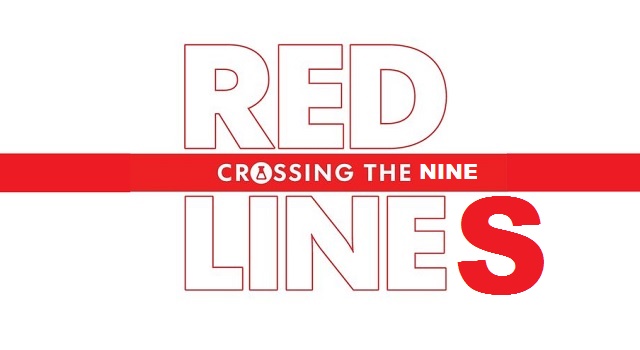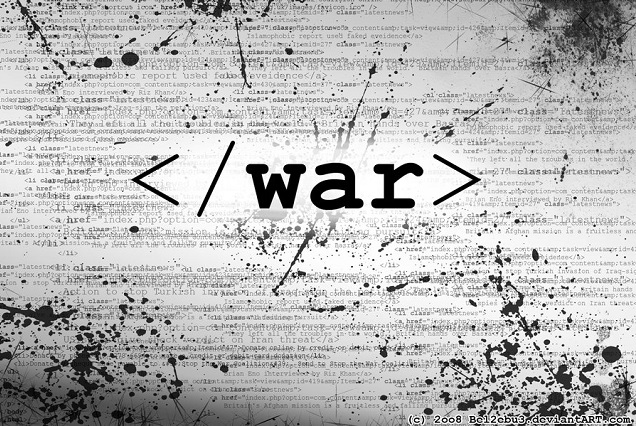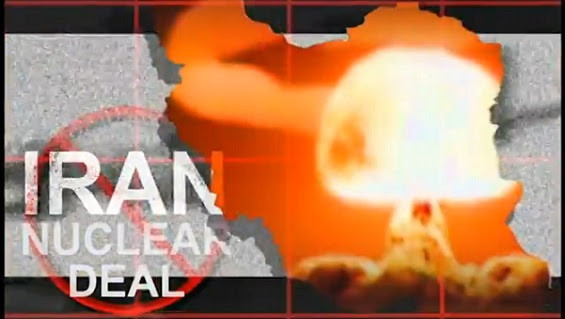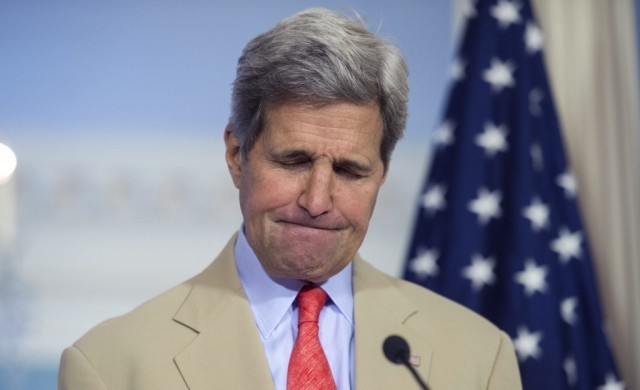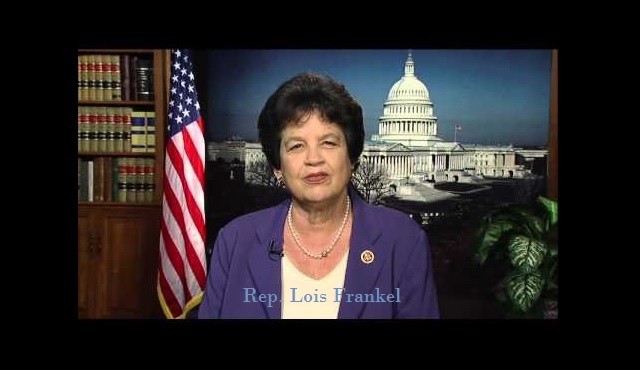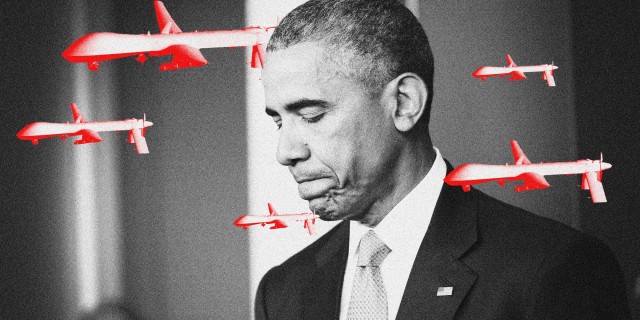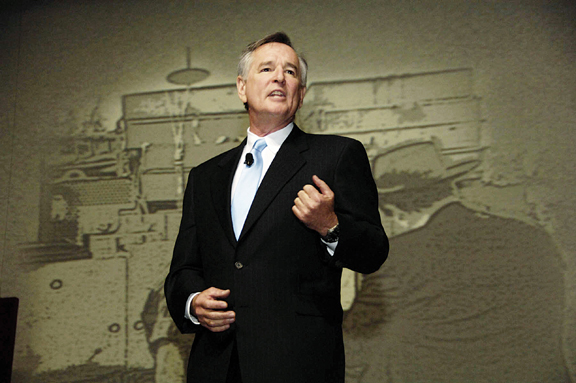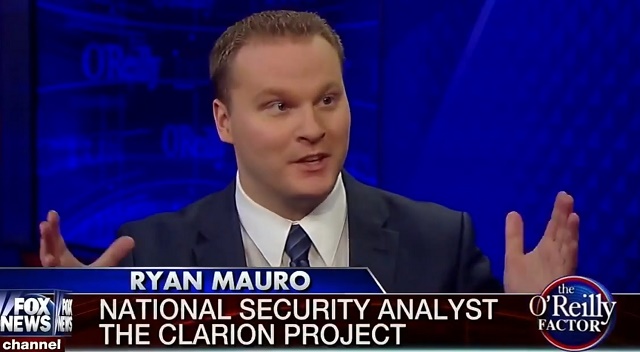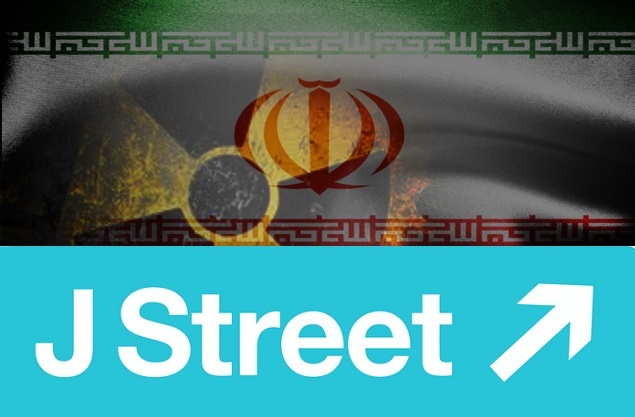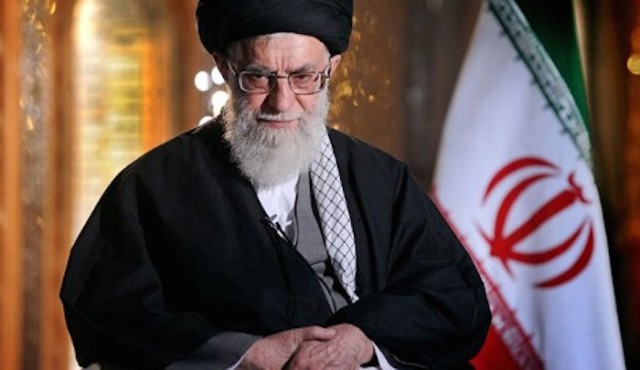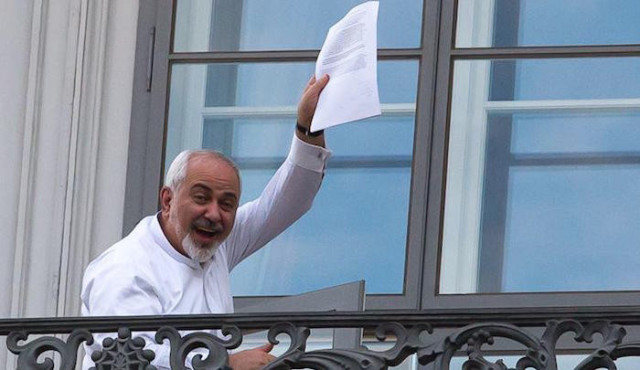Instead of the issues, there is a shrill war of words against good faith opponents.
In a recent speech at American University, President Obama attempted to sell his Iran nuclear agreement to a skeptical American public, which according to all reliable polls opposes the deal overwhelmingly. By making his pitch in a speech instead of a press conference, he avoided having to answer questions, clarify past inconsistent statements, and discuss the distortions that have been used to justify the deal. Rather than allay concerns that are causing worry even among Congressional Democrats, he instead heaped scorn on Republicans, attacked his critics, derided Binyamin Netanyahu, and minimized the threat to Israel. His speech was as self-congratulatory as it was detached from geopolitical reality.
And for once, liberal Jewish organizations disagreed with him publicly.
Mr. Obama attempted to woo Jewish groups into supporting the deal before his speech, but instead met with stiff resistance. Although known more for lobbying than open confrontation, AIPAC strongly opposed the deal and urged Congress to reject it. The Anti-Defamation League likewise objected, announcing in a public statement that: “We are deeply disappointed by the terms of the final deal with Iran … which seem to fall far short of the President’s objective of preventing Iran from becoming a nuclear weapon state.” Underlying these statements is the realization that the deal will facilitate Iran’s nuclear program and encourage a regional arms race.
The concerns of the liberal Jewish establishment were perhaps best summed up in an August 5th op-ed by David Harris of the American Jewish Committee, which stated among many other things the following:
By abandoning the earlier negotiating posture of dismantling sanctions in exchange for Iranian dismantlement of its nuclear infrastructure, and instead replacing it with what is essentially a temporary freeze on its program, the P5+1 has indeed validated Iran’s future status as a nuclear threshold state, a point that President Obama himself acknowledged in a media interview.
Given the nature of the Iranian regime and its defining ideology, AJC cannot accept this prospect. It is too ominous, too precedent-setting, and too likely to trigger a response from Iran’s understandably anxious neighbors who may seek nuclear-weapons capacity themselves, as well as, more immediately and still more certainly, advanced conventional arms, adding an entirely new level of menace to the most volatile and arms-laden region in the world. Surely, this cannot be in America’s long-term security interests.
After fully articulating his organization’s fears and concerns in the piece, Harris wrote that “AJC opposes the deal and calls on Members of Congress to do the same.”
Irrespective of his past assurances that no deal would be preferable to a bad deal, he is attempting to force a very bad deal on the US and its allies.
Though the ADL and AJC were deferential in acknowledging the efforts of President Obama, John Kerry and their European partners in negotiating with Iran, they nevertheless concluded that the deal is bad for the United States and Israel. This view echoes a growing concern that it accomplishes none of the goals used to justify negotiations in the first place, and the nagging realization that Iran will fulfill its nuclear ambitions even if it does comply.
Based on its history, Iran is unlikely to comply in the absence of effective monitoring procedures; and without truly verifiable compliance, it will likely continue enriching uranium clandestinely and may well have enough reserves to produce weapons before the deal expires. Some intelligence experts believe that Iran already possesses a sufficient stockpile.
It is significant that Jewish criticism of the deal is not coming solely from conservative groups like the Zionist Organization of (ZOA), Americans for a Safe Israel and the Republican Jewish Coalition. Liberal establishment organizations finally seem to grasp that Obama’s Mideast policies have promoted the growth of Islamic extremism and have threatened Israel’s safety and security. They also understand that the deal will lead to nuclear proliferation in the region. Accordingly, American Jews who had always supported the President and downplayed his hostility for Israel are now calling on Congress to reject the deal.
Senator Chuck Schumer, whom many predicted would support the deal to preserve his chance of being named the next Democratic Senate leader, announced that he would vote against it. Though early reports predicted that Schumer would vote for the deal, he may have been swayed by the thousands of letters sent by alarmed constituents urging him to vote no. As a consequence, he is being pilloried by the political left and the White House and has been the target of anti-Semitic slurs.
The President’s allies are responding to criticism by attacking those who oppose the deal, casting aspersions on their motivations, invoking classical anti-Semitic canards of undue Jewish influence and dual loyalty, characterizing Jewish dissent as unpatriotic, and accusing Israel of orchestrating the opposition.
Liberal criticism of the deal is usually couched in expressions of thanks to Obama and Kerry for their efforts – despite their clear animus for Netanyahu and mocking dismissal of Israel’s existential concerns. Still, it cannot be disputed that many liberals now recognize that Obama’s stated goal of preventing Iran from going nuclear is inconsistent with the final agreement, which legitimizes and enables its nuclear program. Irrespective of his past assurances that no deal would be preferable to a bad deal, he is attempting to force a very bad deal on the US and its allies.
Many Americans are concerned that the deal does not require Iran to destroy its nuclear infrastructure, submit to “anytime, anywhere” inspections, fully disclose all of its nuclear activities or cease subsidizing terrorism – former red-lines that American negotiators ultimately conceded. They are also bothered that Obama agreed to lift ballistic and conventional weapons bans – against the advice of military advisers – and that Iran can beat monitoring efforts by evasion, misdirection or simply failing to disclose its covert nuclear facilities. This is especially problematic in light of the existence of secret side agreements (which neither Kerry nor Obama disclosed to Congress) affecting the ability to monitor compliance by, among other things, allowing Iran to provide its own soil samples to inspectors.
A growing number of Jewish Democrats are also troubled that the deal places trust in an Islamist regime that remains unrepentantly anti-American and antisemitic, brazenly states that it will not honor agreements with infidel nations, and repeatedly threatens to destroy Israel and exterminate her people. Contrary to the naïve claims of its supporters, the deal will only destabilize an already volatile region, provide Iran with funds to continue financing terrorism and regional unrest, and motivate the Sunni states to acquire their own nuclear arsenals.
Rather than assuage any of these concerns, Obama used his speech to belittle and disparage all who question the deal and to compare his Republican critics in Congress to Iranian hardliners. Though he’s elevated combative, divisive politics to a high art since his first days in office, this comment troubled many Democrats for its insulting tone and moral vacuity.
The ease with which Obama compares good faith opponents to fanatical religious extremists is all the more disturbing in light of his seemingly compulsive aversion to offending Islamist sensibilities and his failure to condemn the pernicious doctrines used to justify terrorism.
The President’s war of words will probably grow shriller as the Congressional vote in September draws closer, especially if more Democrats reject the deal in advance. He will continue to attack those who disagree with him, malign Netanyahu for speaking truth to power, and bully Israel by threatening her with isolation. He will not be moved even if most liberal Jews end up opposing the deal. They have acted as his apologists for more than six years; and if they no longer support him, he may simply lump them together with those assertive Jews who have always been critical of his policies and question their loyalty.
On the surface, President Obama remains unmoved by the domestic and international consequences of his ill-conceived foreign policy. But if, as many believe, his real intent is to reduce American global influence, legitimize Islamist regimes, and treat Iran as the dominant power in the Mideast, he may be following a knowing strategy that accepts, and perhaps welcomes, the regional and global risks.
Mr. Obama’s agreement with Iran has been compared to Neville Chamberlain’s appeasement of Nazi Germany. The comparison may be inapt, however, because Chamberlain hoped that ceding territory would satisfy Hitler and prevent war. The deal with Iran, in contrast, will give the mullahs a nuclear muscle that they have repeatedly vowed to flex. Whereas Hitler lied in Munich about the prospect of peace in exchange for land, Iran has affirmatively promised terrorism, war and genocide when it gets what it wants.
Though Congress may not be able to trust the President’s hollow assurances, history suggests that it can certainly take the Iranians at their word.

